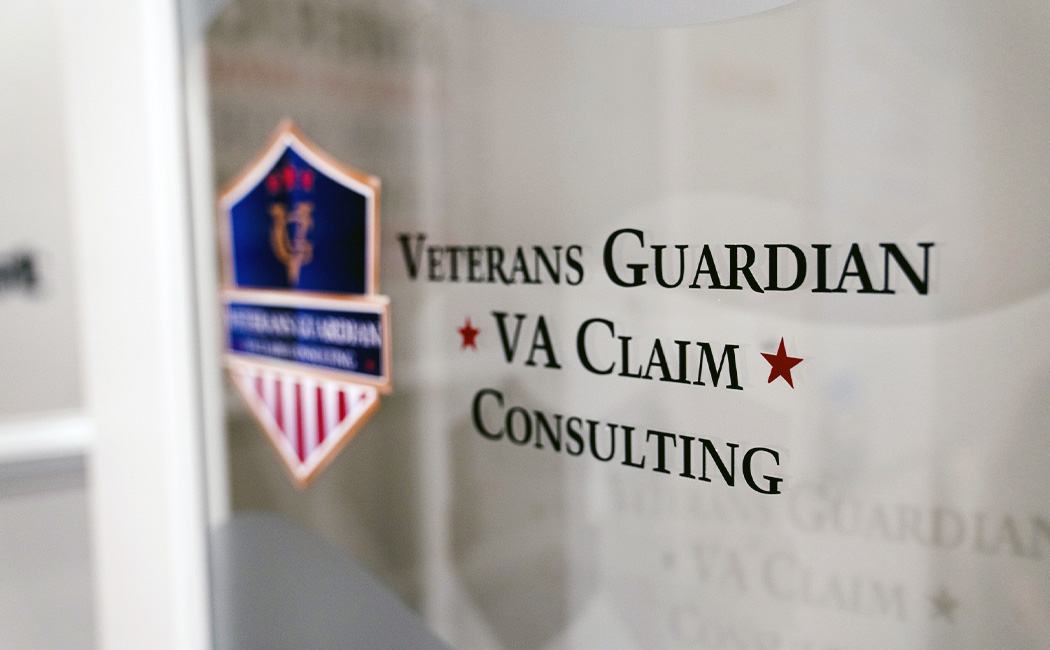
Members of the US Military are subject to many different illnesses and injuries during their service. Mental health conditions are one that few talk about but many endure. It’s crucial, no matter how minor or severe your mental illness may seem, to get the help that you need to manage your symptoms.
If you are in crisis, call the new 24/7 veterans’ support phone number to speak with a qualified, caring responder. The crisis hotline is easy to access: simply dial 988, then press 1 to speak to a professional.
Mental Health Conditions Eligible for VA Disability Compensation
The Department of Veterans Affairs provides compensation to veterans for service-connected physical and mental health conditions. Mental illnesses are rated differently than physical injuries and illnesses, however, and not all mental health conditions qualify for compensation.
The following mental health conditions are eligible for compensation:
- Anxiety disorders
- Psychotic disorders
- Mood disorders
- Traumatic Brain Injury (TBI) residual effects
- Cognitive disorders
- PTSD and other trauma- and stress-related disorders
- Eating disorders
The VA does NOT provide compensation for personality disorders, substance abuse disorders, Impulse Control Disorder, cognitive delays, or developmental disabilities.
VA Ratings for Mental Health Conditions
All service-connected mental health disorders – except eating disorders – are rated based on the same diagnostic criteria – the General Rating Formula for Mental Disorders. The ratings are 0%, 10%, 30%, 50%, 70%, and 100%. The rate you receive is based on the severity of your mental health condition.
If you are given a rating of 0%, this means that you have been formally diagnosed with a mental health disorder, but your symptoms do not interfere with your social functioning or ability to remain employed. A 100% disability rating, then, would mean your mental health disorder causes you to lack complete social and occupational functioning. Most often, veterans’ ratings fall between those two extremes.
Establishing A Service Connection for Mental Health Disorders
To receive a disability rating and benefits, the VA requires proof that your mental health condition is connected to or caused by your military service.
Establishing this connection involves getting a formal diagnosis, identifying the specific active-duty event, illness, or injury that caused your mental illness, and providing medical evidence for the nexus between the event and your mental illness.
If You Have More Than One Mental Health Condition or a Preexisting Condition
If you have more than one service-connected, diagnosed mental health condition, which is common, the VA will not rate each one separately. Instead, you will receive one combined rating.
Additionally, if you were diagnosed before you entered the military, you may still qualify for compensation for your mental health condition if you can prove that your service worsened your preexisting condition.
Changes May Be Coming
In February 2022, the VA began considering changes to the rating system for certain conditions to align further with modern medicine. These changes focused on respiratory, ear, nose, throat, and mental health disorders. In some cases, the VA would lessen the requirements needed to receive a disability rating of 100%. Continue to follow VetsGuardian for the latest in VA disability news!















